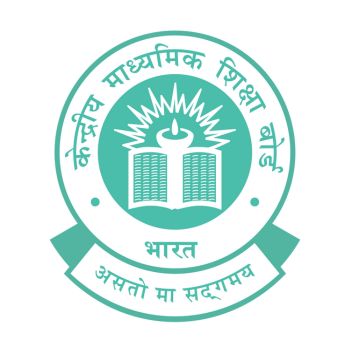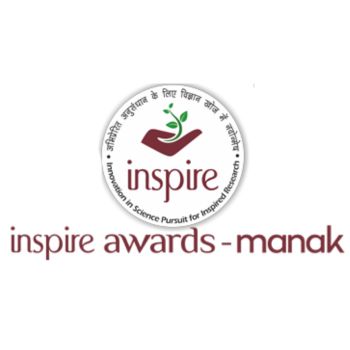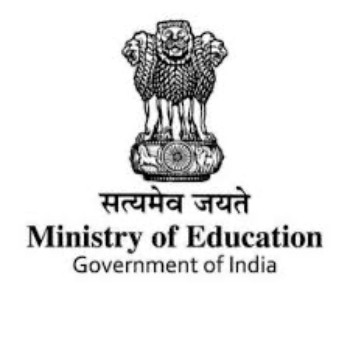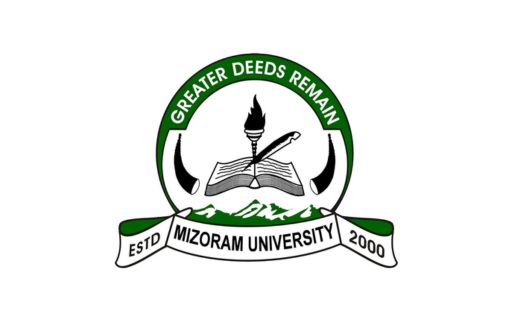MUNs and Debates have become the cornerstone for holistic education. Here’s a guide on the Benefits of MUNs and Debates for school students.
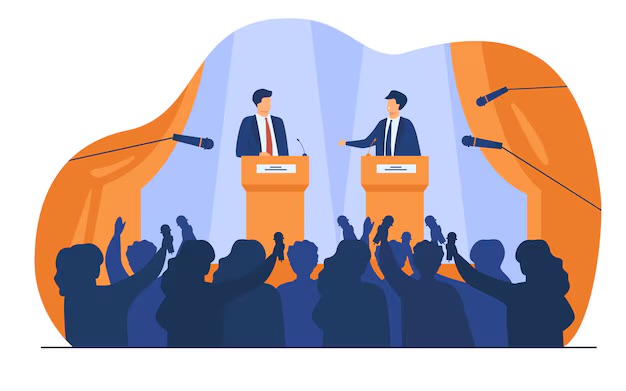
Model United Nations (MUN) and debates are platforms that foster critical thinking, public speaking, and diplomacy. While both involve structured argumentation, they serve different purposes and formats.
About MUNs and Debates
Model United Nations (MUN) simulates real-world UN conferences, where participants, known as delegates, represent different countries and debate global issues. They draft resolutions, negotiate with allies, and use diplomacy to solve international crises. MUN enhances research skills, teamwork, and an understanding of international relations.
Debates, on the other hand, focus on structured argumentation between opposing sides. Whether in parliamentary, Lincoln-Douglas, or Oxford-style formats, debates require participants to construct logical arguments, rebut opposing views, and persuade judges or audiences. Debates sharpen analytical thinking, quick reasoning, and the ability to articulate ideas effectively.

Benefits of MUN and Debates
Participating in Model United Nations (MUN) helps individuals develop strong diplomatic and negotiation skills. Delegates learn to analyze global issues, research policies, and craft resolutions that reflect real-world decision-making. The experience enhances public speaking and teamwork while encouraging empathy by requiring participants to represent perspectives that may differ from their own. Additionally, MUN fosters leadership qualities, as delegates must think critically, build alliances, and present compelling arguments in high-pressure situations.
Debates, on the other hand, strengthen logical reasoning, persuasion, and the ability to think on one’s feet. Participants learn to construct well-structured arguments, defend their positions with evidence, and critically evaluate opposing viewpoints. Debating cultivates confidence, resilience, and the ability to handle constructive criticism. It also improves listening skills, as debaters must quickly analyze and respond to counterarguments. These skills are valuable not only in academic and professional settings but also in everyday discussions, where clear and effective communication is essential.
Both MUN and debate competitions equip participants with leadership skills, confidence, and the ability to engage in meaningful discourses, making them invaluable experiences for students and professionals alike. They prepare individuals for future leadership roles, encouraging intellectual curiosity and the ability to engage in meaningful discourse. They help students become informed global citizens who can articulate ideas persuasively and contribute to society with a well-rounded perspective.
1. Enhances Critical Thinking and Analytical Skills
- Problem-Solving: Students learn to tackle global issues, from climate change to international security, during MUNs.
- Analytical Reasoning: Debates encourage dissecting arguments, identifying fallacies, and forming logical conclusions.
- Decision-Making: Participants often simulate real-world crises, enhancing their ability to make quick, informed decisions.
2. Improves Public Speaking and Communication Skills
- Articulation: Students learn to present their thoughts clearly and persuasively.
- Confidence: Repeated exposure to speaking in front of an audience builds self-confidence.
- Non-Verbal Skills: Effective use of body language, eye contact, and tone are emphasized.
3. Boosts Research and Writing Skills
- Extensive Research: Students learn how to gather credible information from various sources.
- Policy Writing: In MUNs, drafting position papers and resolutions hones formal writing skills.
- Argument Construction: Debates teach the art of framing structured arguments with evidence.
4. Develops Leadership and Teamwork Abilities
- Leadership: Taking roles like a committee chairperson in MUNs fosters leadership qualities.
- Teamwork: Students learn to collaborate with peers to build consensus and achieve goals.
- Empathy: Understanding diverse perspectives in debates and MUNs cultivates empathy and respect for others’ views.
5. Encourages Global Awareness and Cultural Sensitivity
- Understanding International Relations: Students gain insights into global policies, conflicts, and resolutions.
- Cultural Exposure: Interacting with peers from different backgrounds enhances cultural sensitivity.
- Awareness of Current Events: Participants stay updated with international and domestic affairs.
6. Prepares for Competitive Exams and Future Careers
- College Admissions: Participation in these activities adds weight to applications, showcasing a well-rounded profile.
- Career Readiness: Professions like law, public policy, journalism, and diplomacy benefit immensely from the skills gained in MUNs and debates.
- Critical Exams: Analytical and communication skills are vital for competitive exams like SAT, GRE, and civil service exams.
7. Strengthens Emotional Resilience and Stress Management
- Handling Pressure: Students learn to perform under the pressure of time constraints and critical questioning.
- Accepting Feedback: Constructive criticism from peers and judges teaches resilience.
- Building Confidence: Overcoming initial failures boosts self-esteem and determination.
8. Encourages Networking and Social Interaction
- Peer Networking: Students meet like-minded peers, forming lifelong connections.
- Mentorship: Guidance from experienced mentors helps participants improve.
- Exposure to Experts: Events often feature industry leaders, offering valuable insights and inspiration.
9. Instills a Sense of Responsibility and Ethics
- Global Citizenship: Participants learn about responsibilities as global citizens.
- Ethical Debating: Debates emphasize respecting opponents and maintaining decorum.
- Accountability: Representing a country or an idea instills a sense of accountability.
10. Offers Recognition and Awards
- Certificates and Medals: Recognized achievements boost student portfolios.
- Scholarship Opportunities: Success in these activities can lead to scholarships and grants.
- Competitions and Honors: Winning debates and MUN awards enhances a student’s reputation in academic circles.
Encourage your child or yourself to take the first step into this enriching world of MUNs and debates, it’s a decision that will pay dividends for years to come.

